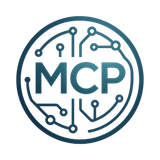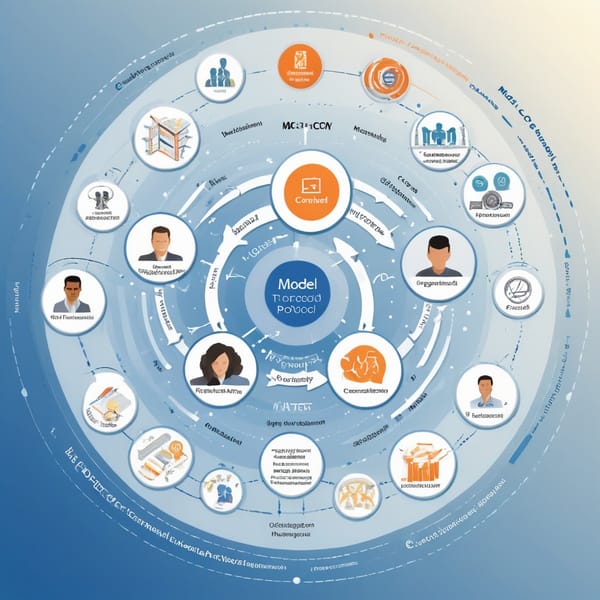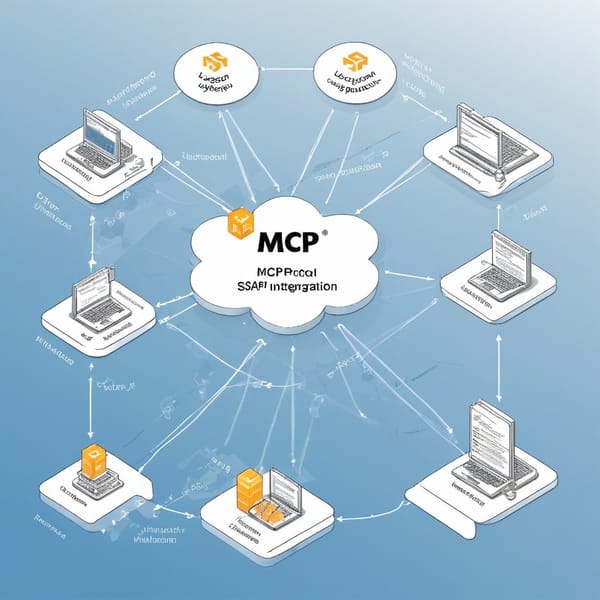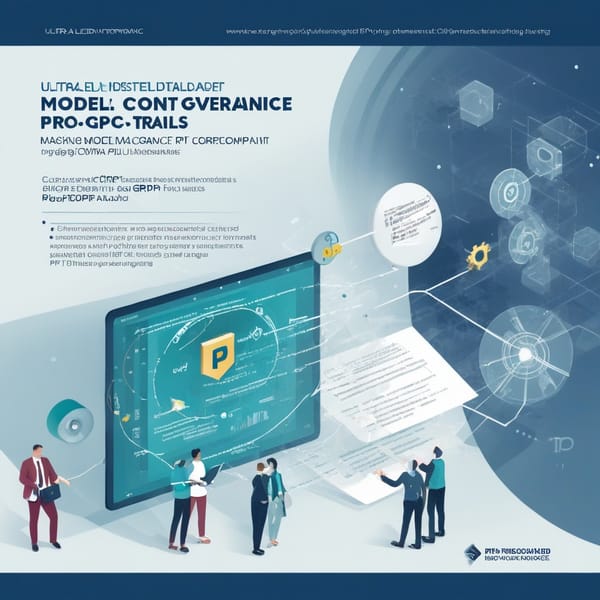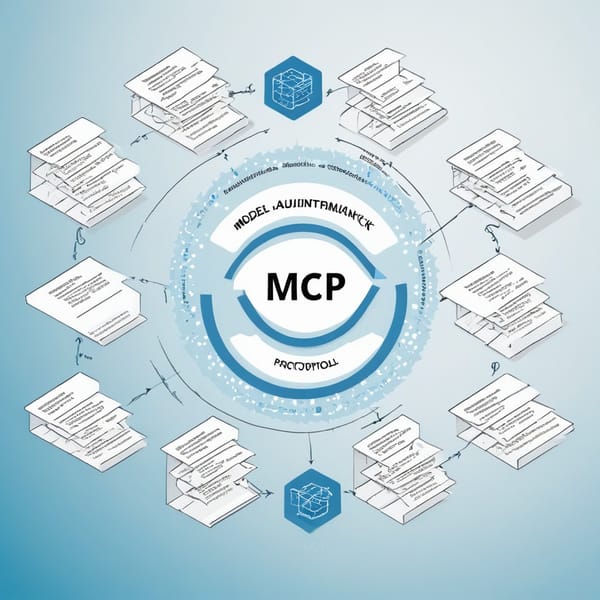Model Context Protocol (MCP) DeFi Framework: A Case Study on Token Distribution via Smart Contract Protocol Tools
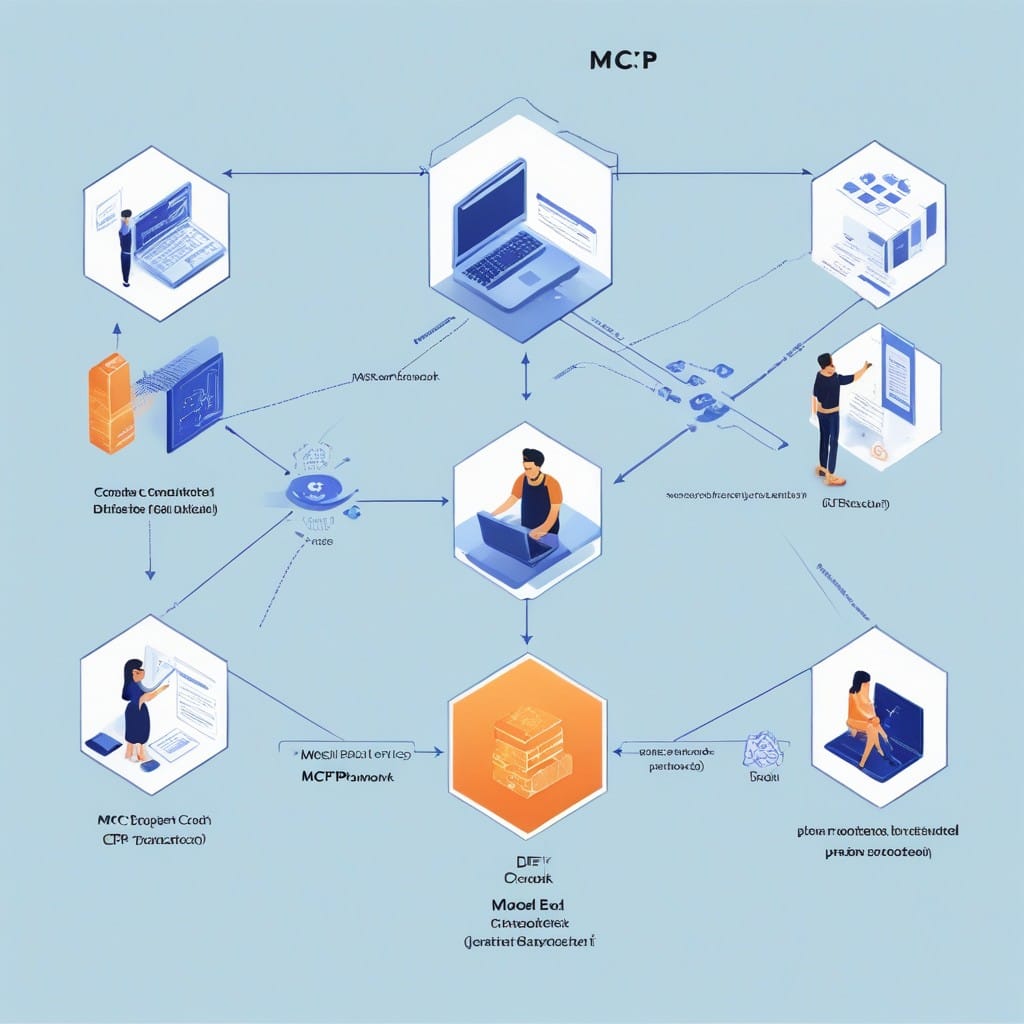
Project Overview
The Model Context Protocol (MCP) DeFi Framework is an innovative blockchain-based solution designed to streamline token distribution through automated smart contract protocols. The project aimed to create a decentralized, transparent, and efficient system for allocating tokens in DeFi ecosystems, eliminating intermediaries while ensuring fairness and security.
MCP was developed to address inefficiencies in traditional token distribution models, such as centralized control, high gas fees, and lack of transparency. By leveraging smart contracts, the framework automates token allocation, vesting, and governance, making it ideal for decentralized autonomous organizations (DAOs), staking rewards, and liquidity mining programs.
Challenges
Before implementing MCP, the project faced several key challenges:
- Centralization Risks – Many DeFi projects relied on manual or semi-centralized token distribution, leading to trust issues among users.
- High Gas Costs – Frequent on-chain transactions for token distribution resulted in excessive fees, deterring small investors.
- Lack of Transparency – Users often had no visibility into vesting schedules or allocation fairness, leading to skepticism.
- Security Vulnerabilities – Manual processes and poorly audited contracts exposed projects to exploits and fraud.
- Scalability Issues – Existing solutions struggled to handle large-scale distributions efficiently.
These challenges necessitated a robust, automated framework that could ensure fairness, security, and cost-efficiency.
Solution
The MCP DeFi Framework introduced a smart contract-driven approach to token distribution, offering the following key features:
- Automated Token Allocation – Smart contracts autonomously distribute tokens based on predefined rules (e.g., vesting schedules, staking rewards).
- Multi-Chain Compatibility – Built to support Ethereum, Binance Smart Chain (BSC), and Layer 2 solutions to reduce gas fees.
- Transparent Vesting – Users can track their token unlocks in real-time via blockchain explorers.
- Governance Integration – Token holders participate in decision-making through DAO-based voting mechanisms.
- Security Audits – Rigorous smart contract testing and third-party audits minimized vulnerabilities.
By automating the entire process, MCP eliminated human intervention, reduced costs, and enhanced trust in DeFi projects.
Tech Stack
The MCP DeFi Framework was built using cutting-edge blockchain technologies:
- Smart Contracts – Written in Solidity for Ethereum and BSC, with Rust for Solana compatibility.
- Blockchain Networks – Deployed on Ethereum, BSC, and Polygon for scalability.
- Oracles – Chainlink for secure off-chain data feeds in dynamic distribution models.
- Frontend – React.js with Web3.js and Ethers.js for seamless user interaction.
- Security – OpenZeppelin libraries for secure contract templates, audited by CertiK and Quantstamp.
- Backend – Node.js for API integrations and event monitoring.
This tech stack ensured high performance, security, and interoperability across multiple DeFi ecosystems.
Results
The implementation of the MCP DeFi Framework yielded significant improvements:
- Reduced Gas Fees by 60% – By optimizing contract logic and leveraging Layer 2 solutions, transaction costs dropped dramatically.
- Increased Transparency – Users could verify allocations on-chain, boosting confidence in participating projects.
- Faster Distribution – Automated processes reduced token distribution times from days to minutes.
- Enhanced Security – No major exploits were reported post-audit, ensuring safe token handling.
- Scalability Achieved – The framework successfully handled distributions for projects with over 100,000 participants.
Additionally, several DeFi platforms adopted MCP, reporting higher user engagement and smoother token launches.
Key Takeaways
The MCP DeFi Framework demonstrated that automation, transparency, and security are critical for successful token distribution in DeFi. Key lessons from the project include:
- Smart Contracts Are Essential – Automation eliminates human error and centralization risks.
- Multi-Chain Support Expands Reach – Lower fees and faster transactions attract more users.
- Audits Build Trust – Third-party security reviews are non-negotiable in DeFi.
- User Experience Matters – Clear vesting dashboards and real-time tracking improve adoption.
For future projects, the MCP model serves as a blueprint for efficient, decentralized token distribution—proving that blockchain technology can revolutionize financial systems when implemented correctly.
By addressing the core challenges of DeFi, the Model Context Protocol (MCP) DeFi Framework has set a new standard for fair, secure, and scalable token distribution.
